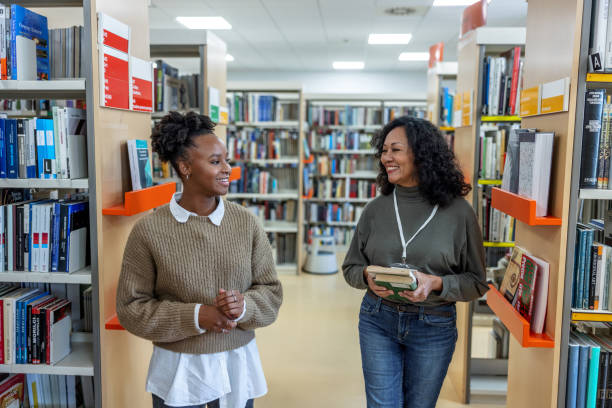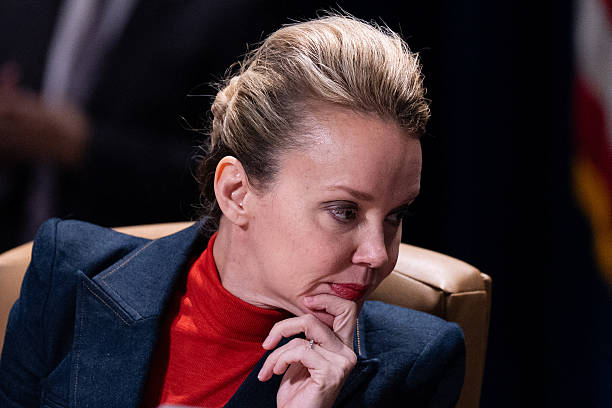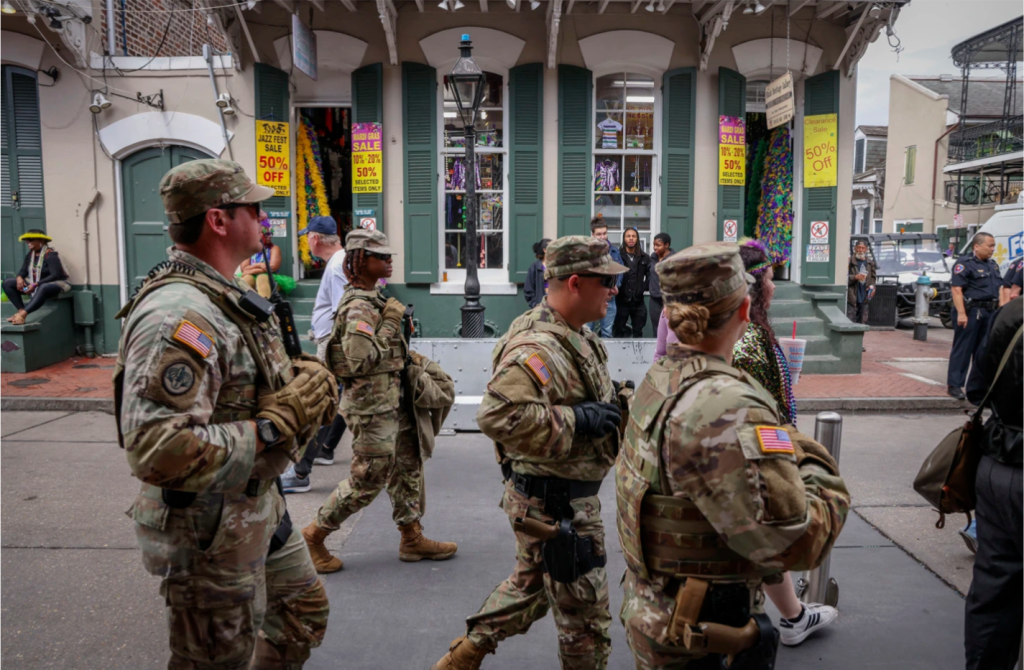(ThySistas.com) Black women face unique challenges when it comes to violence and safety, encompassing a range of issues from domestic violence and sexual assault to police brutality and systemic injustices. These forms of violence intersect with both racial and gender biases, compounding the adversity faced by black women. It is crucial to address these issues within the context of racial and gender inequality, implementing comprehensive strategies that prioritize the safety and well-being of black women.
Domestic violence and sexual assault pose significant threats to the physical, emotional, and psychological well-being of black women. They experience disproportionately high rates of intimate partner violence, often compounded by the intersection of racism and sexism. However, their experiences are often overlooked or undermined due to stereotypes and societal biases. Addressing this issue requires multifaceted approaches, including education, support services, and legal protections. It is vital to raise awareness about the unique challenges faced by black women, provide safe spaces for disclosure and healing, and ensure that support systems are culturally sensitive and accessible.

Police brutality and racial profiling are pervasive issues that disproportionately affect black communities, including black women. Incidents of excessive force, racial profiling, and the unjust targeting of black women perpetuate a cycle of systemic violence and erode trust in law enforcement. Intersectionality compounds these experiences, as black women may face gender-specific forms of mistreatment such as sexual harassment or dehumanizing stereotypes. Combating police brutality requires comprehensive police reforms, including implicit bias training, accountability measures, and community policing strategies that prioritize the protection of all individuals, regardless of their race or gender.
Systemic injustices within the criminal justice system further exacerbate the violence experienced by black women. They are often subjected to harsher sentencing, over-policing, and unjust treatment within the legal system. The overrepresentation of black women in prisons reflects both the biases within law enforcement and the societal factors that perpetuate inequality. Addressing this issue demands criminal justice reform that acknowledges the unique challenges faced by black women, implements restorative justice practices, and prioritizes rehabilitation over punishment.
To ensure the safety of black women, it is essential to empower and support grassroots organizations that work to combat violence within their communities. These organizations provide vital resources, including crisis hotlines, counseling services, and safe shelters. Supporting and amplifying their work is crucial in addressing the immediate needs of black women and fostering long-term change.
In addition to addressing immediate threats, it is imperative to implement prevention strategies that challenge the underlying causes of violence against black women. Education and awareness campaigns should focus on dismantling harmful stereotypes, promoting healthy relationships, and fostering gender equality. By empowering black women and promoting their autonomy, agency, and leadership, we can foster a culture of respect, equality, and non-violence.
Moreover, it is crucial to engage in allyship and advocacy efforts that center the experiences and voices of black women. Listening to and amplifying their stories, concerns, and demands is essential in fostering meaningful change. Allies must actively challenge and disrupt systems of violence and oppression, while also working towards dismantling the intersecting biases that perpetuate violence against black women.
In conclusion, addressing the issues of violence and safety faced by black women requires a multi-pronged approach. By recognizing and addressing the intersectionality of racial and gender biases, we can begin to dismantle the systems that perpetuate violence. It is essential to provide comprehensive support services, implement police and criminal justice reforms, and empower grassroots organizations. Moreover, prevention strategies and allyship efforts play a crucial role in fostering a society that values the safety and well-being of all individuals, regardless of their race or gender. Only by actively working together can we create a world where black women are safe, respected, and free from violence.
Staff Writer; Mz. Whitsdom
This talented writer is also an accomplished author. One may purchase any of the following books; The Ausome Parent Journal: Your Journey as a Parent of Children with Autism, and Think About the Future!: Goal Setting Exploration Workbook for Students Paperback on Amazon.










Leave a Reply